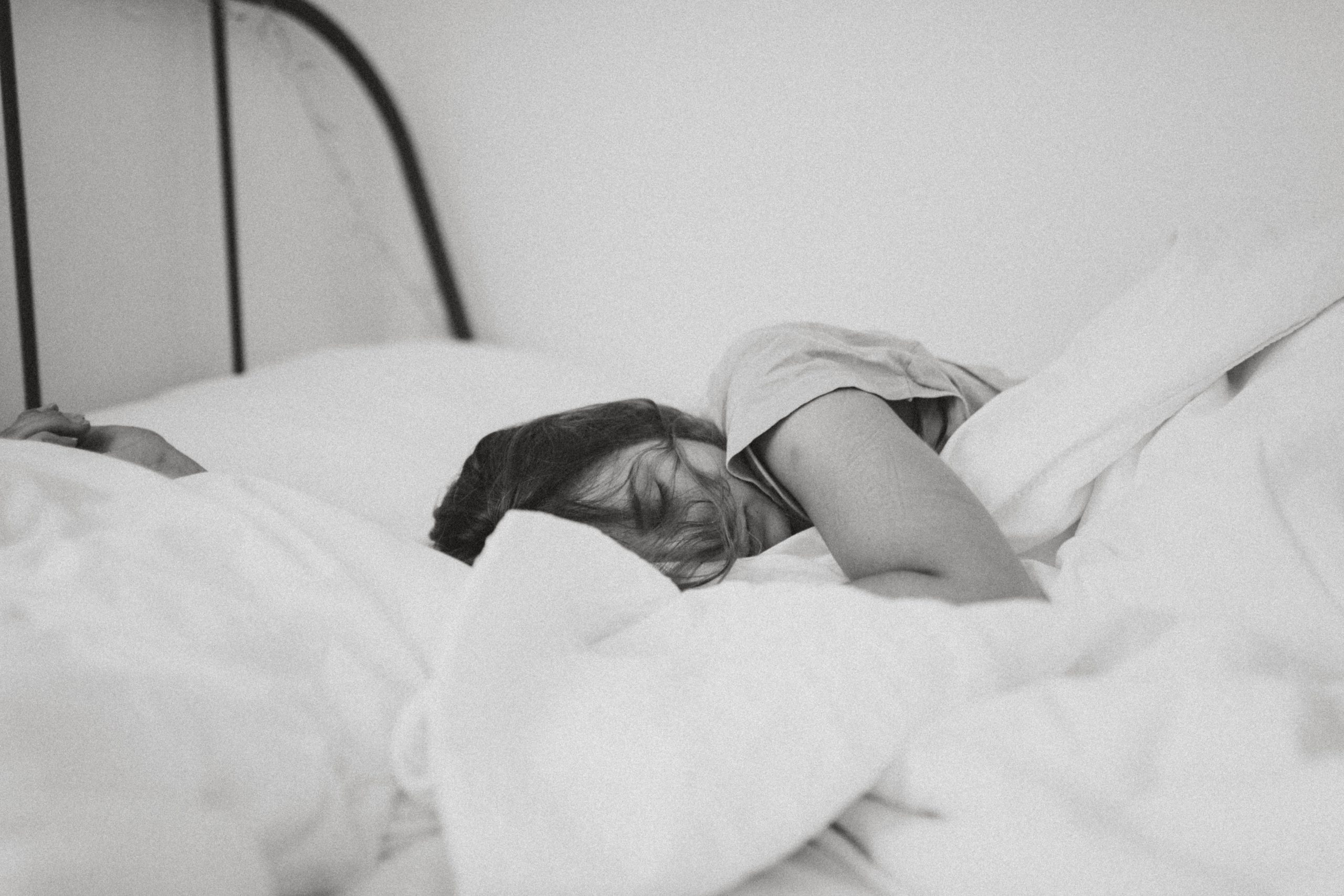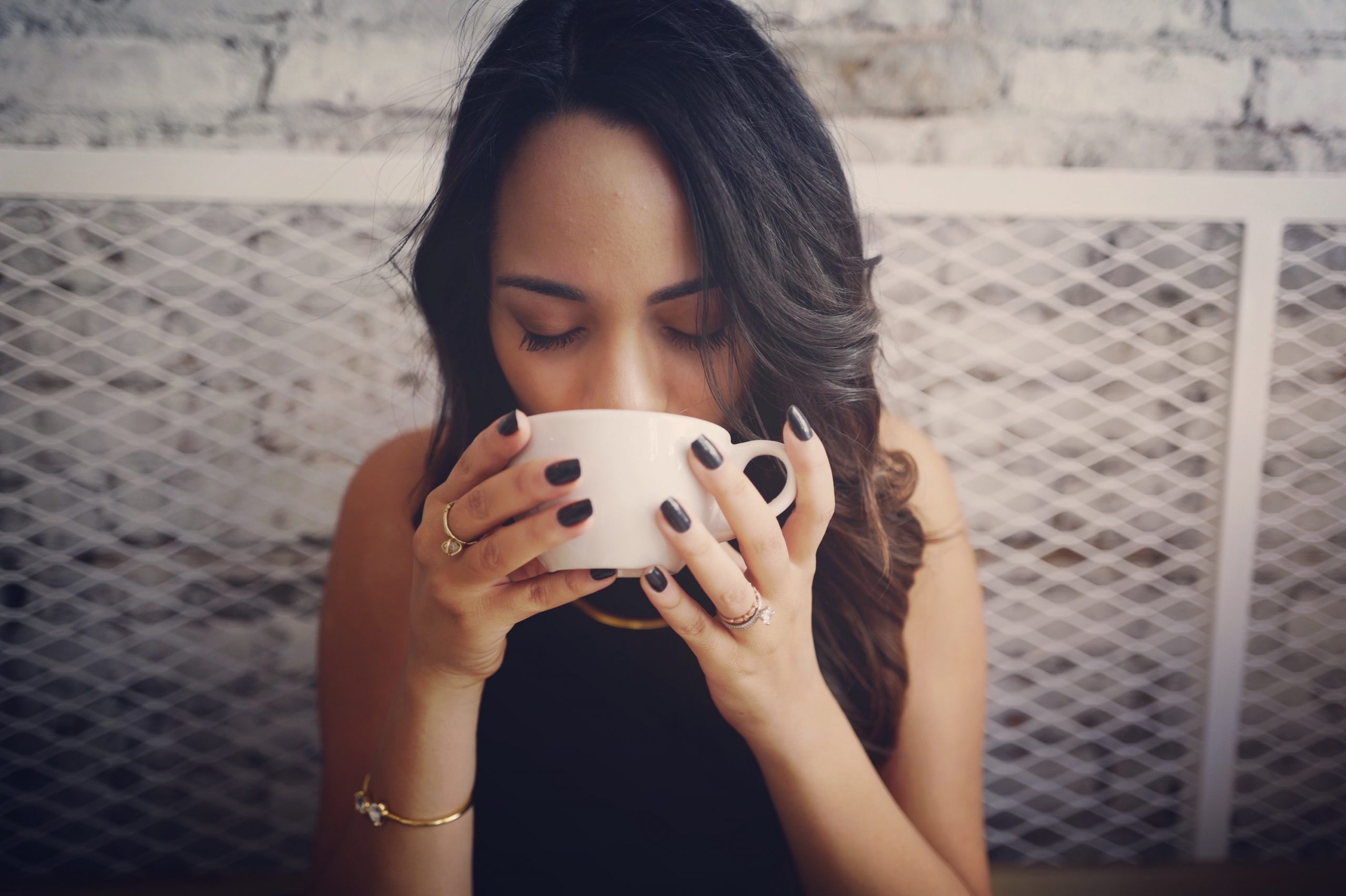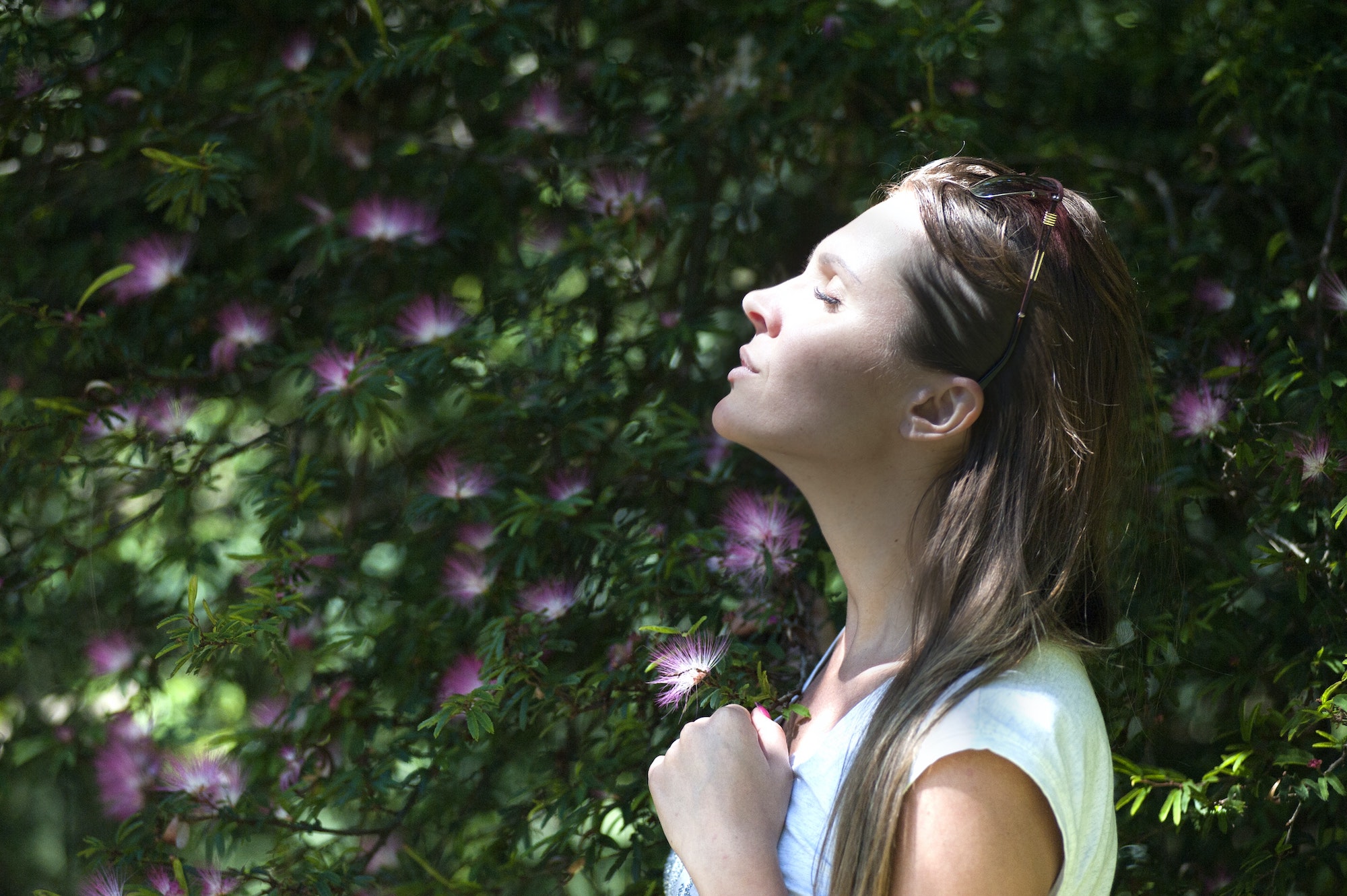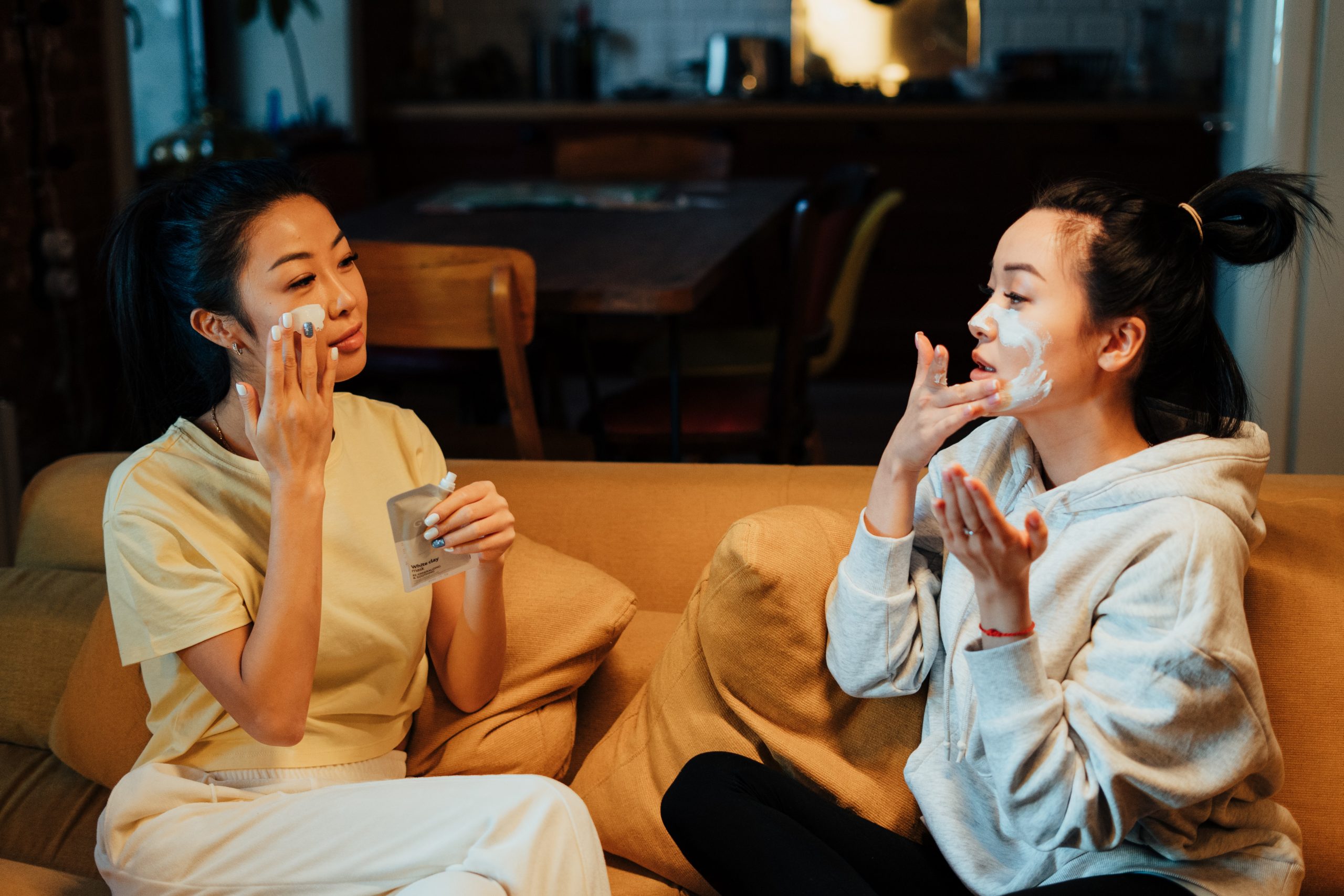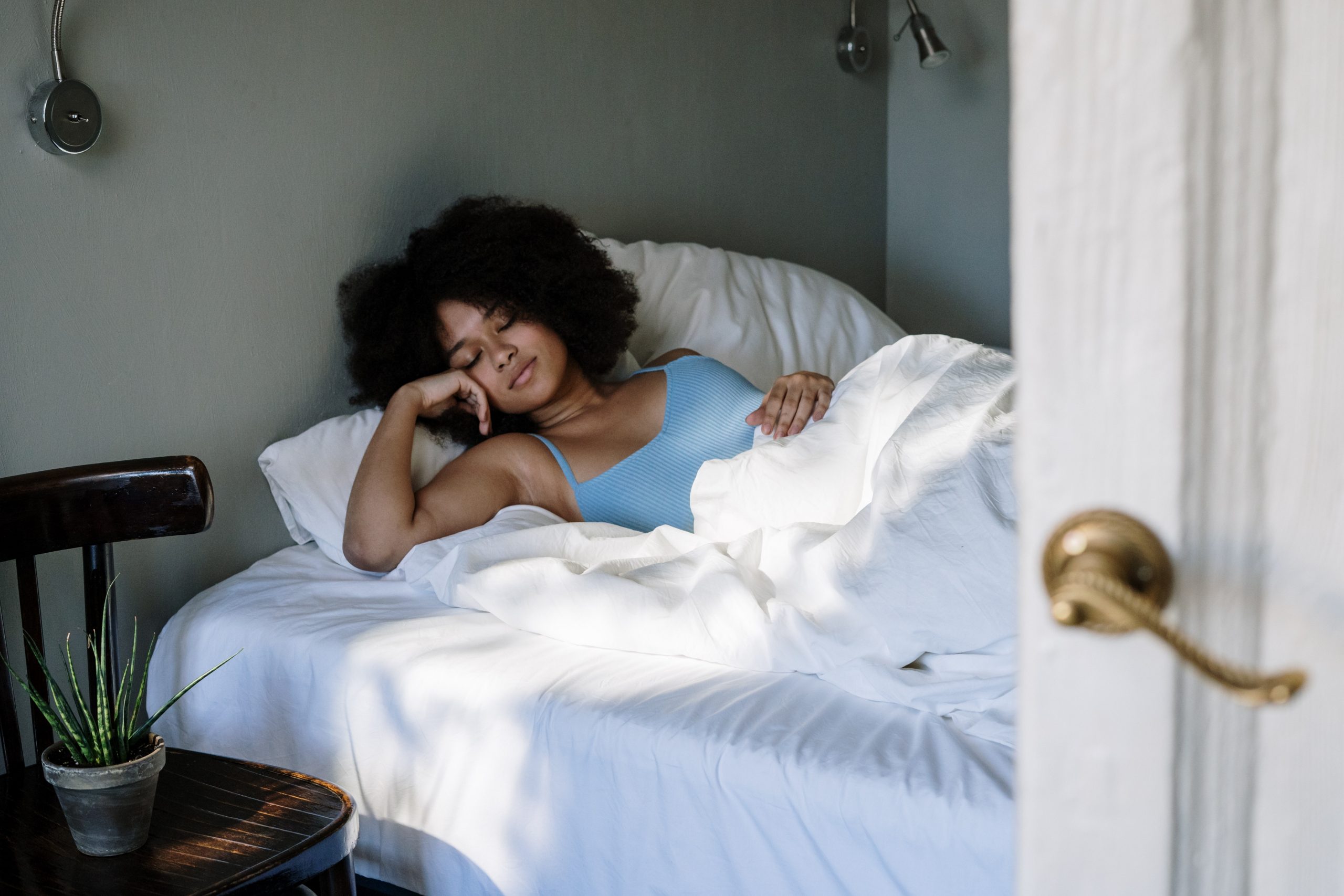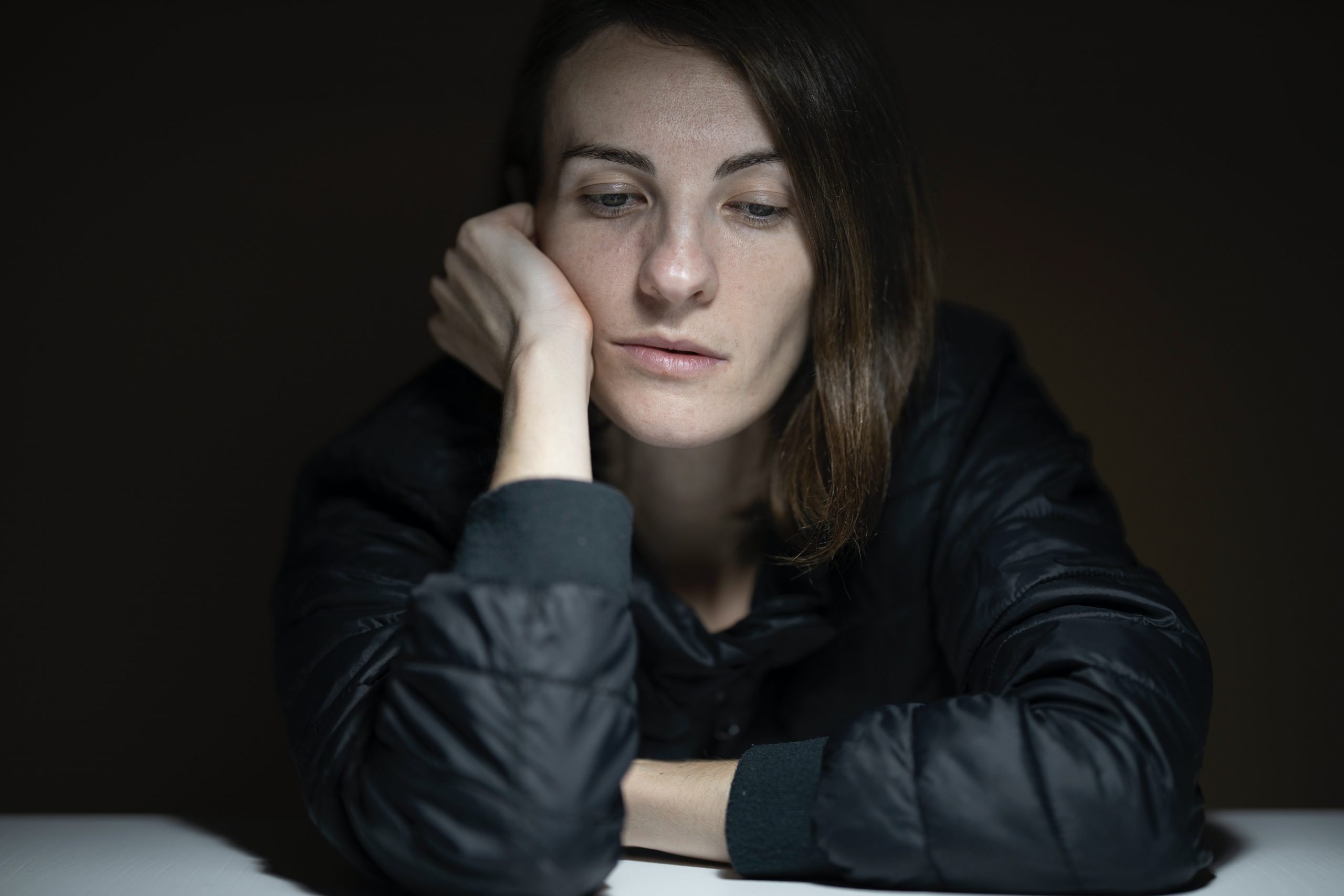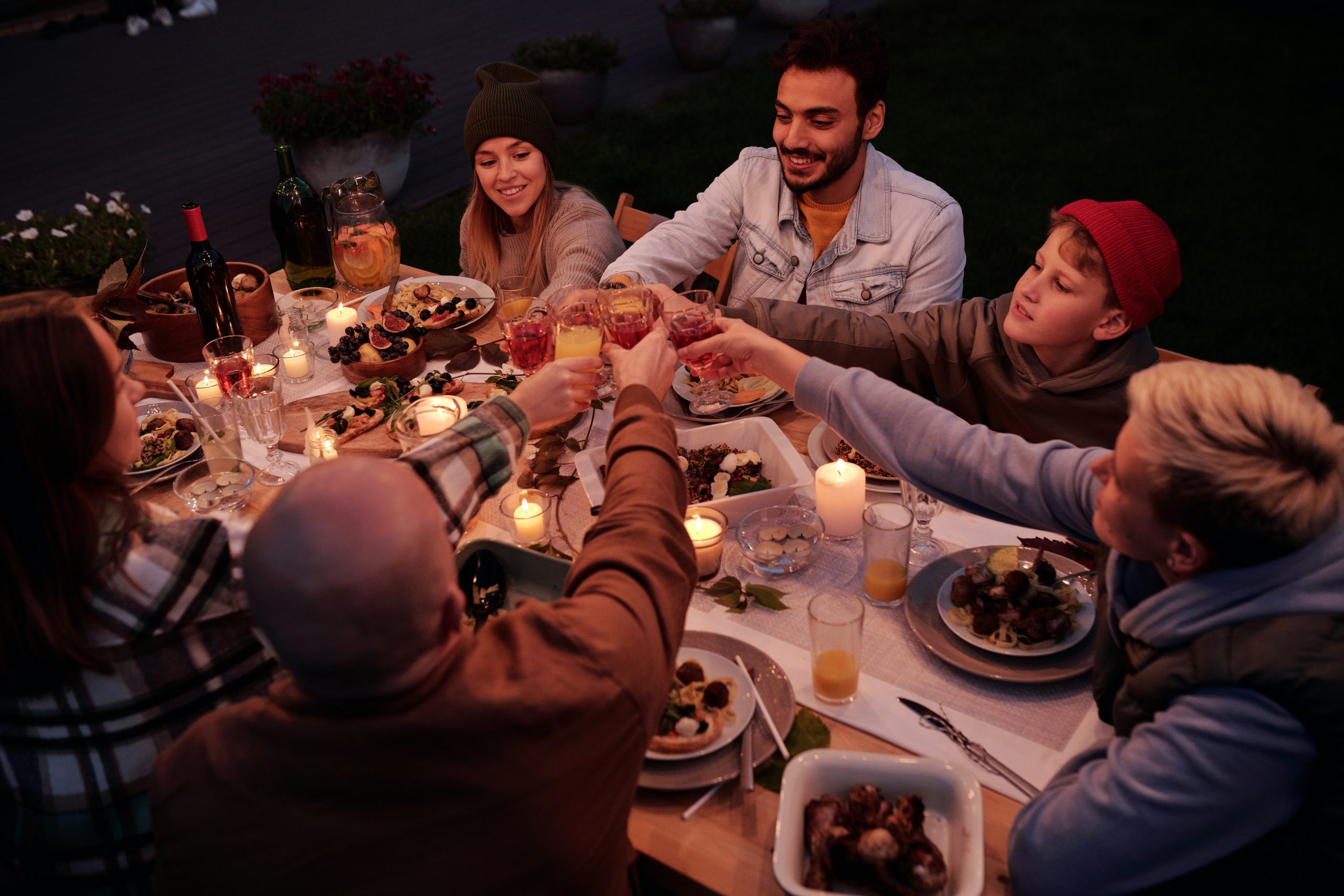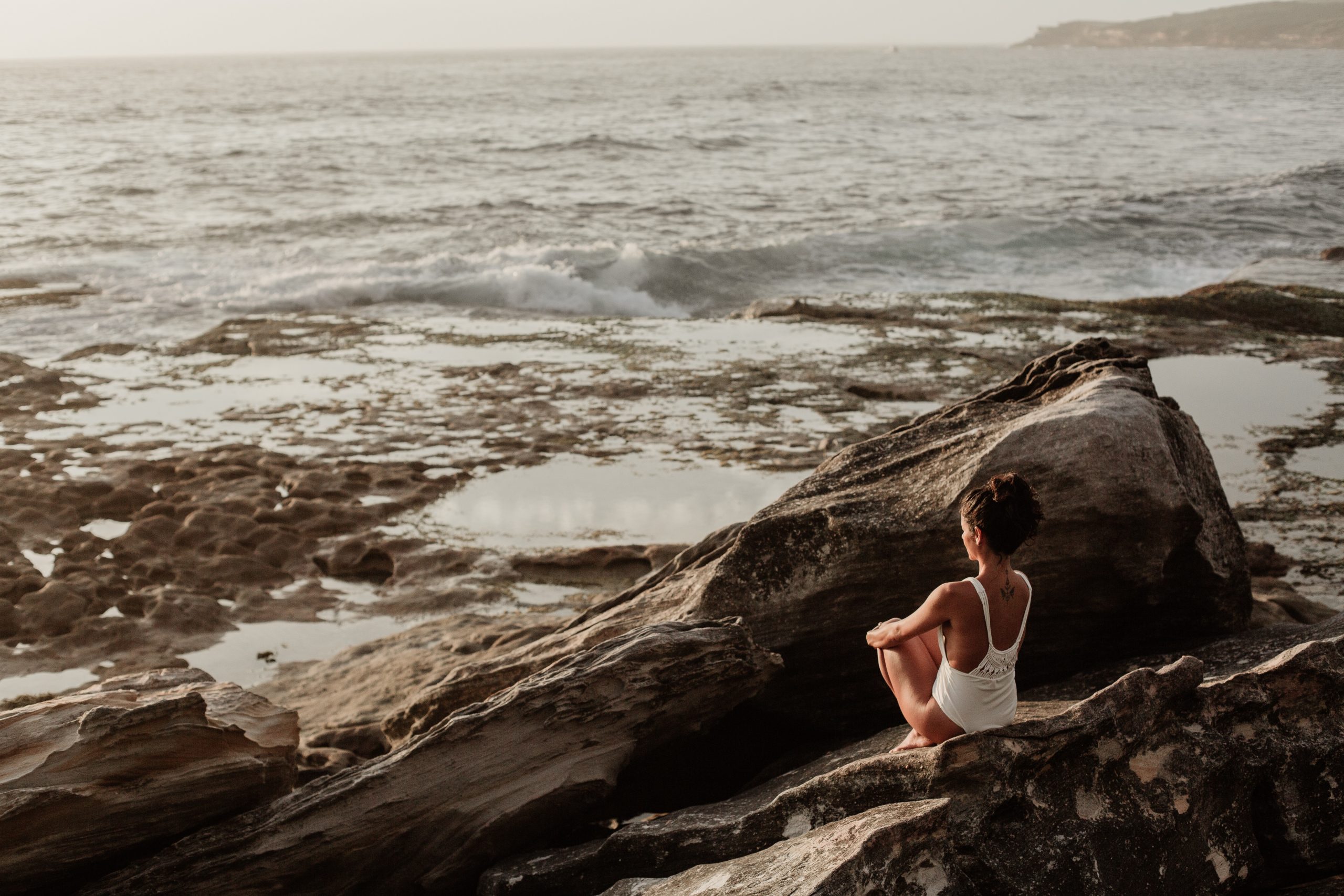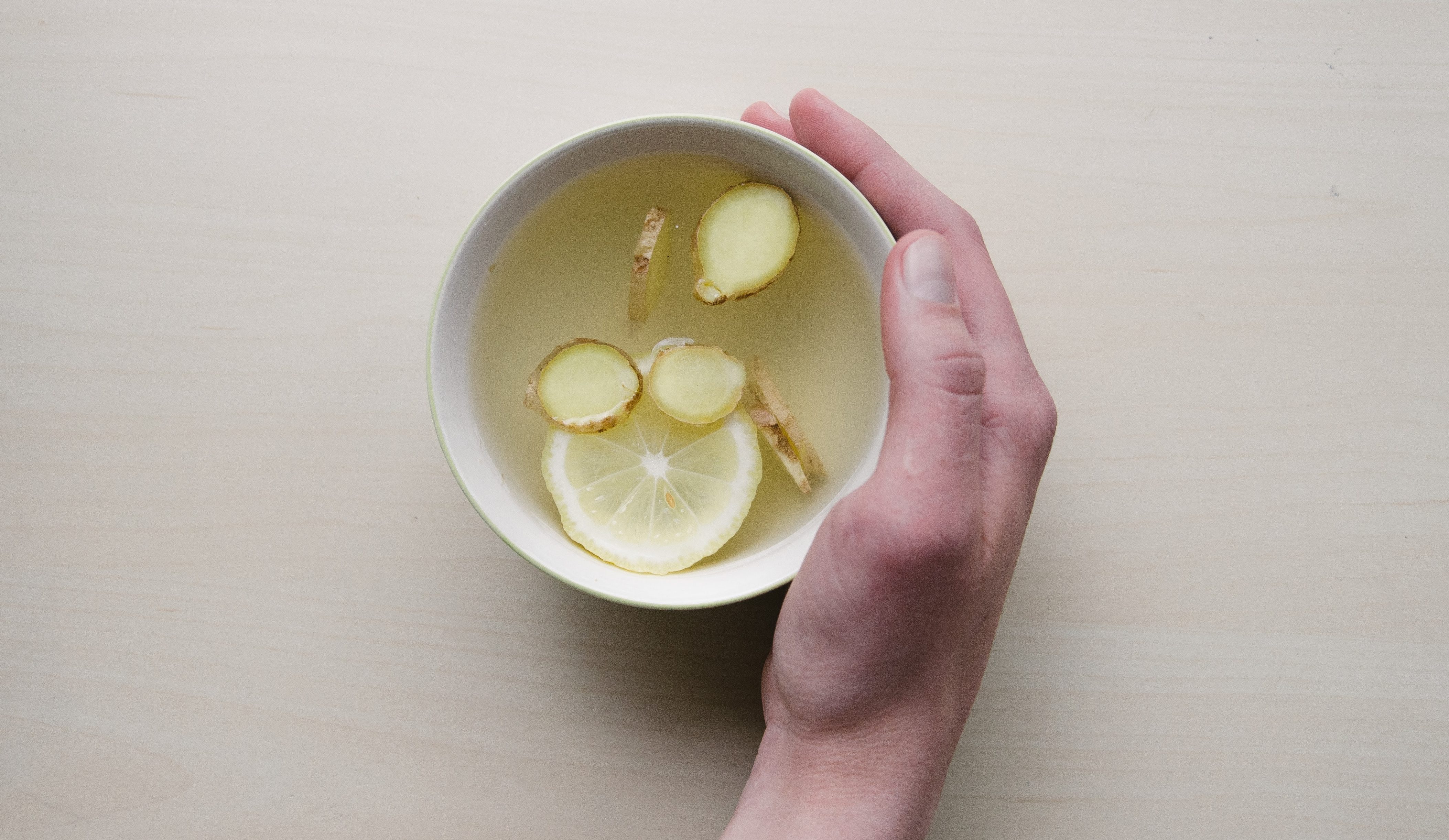You’ve probably heard that tea is recommended for people who have trouble getting to sleep. But with so many teas on the market – black tea, green tea, chamomile, and more! – how do you know where to starts? When you pick up a box of “Bedtime Tea,” do you know what you’re drinking or why it works?
All proper teas come from the same plant – Camellia sinensis – and evergreen shrub or small tree whose leaves and leaf buds are used in the tea-making process. This plant contains caffeine. Granted, there isn’t as much caffeine in tea as in coffee, but even so, caffeinated teas could make it harder to go to sleep, and it could mean that your sleep is interrupted or restless.
Here’s a quick breakdown of the amounts of caffeine found in coffee and tea:
- 8 ounces of coffee has 96 milligrams of caffeine
- 1 ounce of espresso has 64 milligrams of caffeine
- 8 ounces of black tea has 47 milligrams of caffeine
As you can see, there’s about half the caffeine in tea as coffee, but it’s still enough to disturb your sleep. A study published in Psychopharmacology found that, while black, green or white teas won’t interfere with your sleep as much as coffee, they will still cause some small amount of disturbance, especially if you have a second cup.
If black, green and white teas aren’t recommended to help you get a better sleep, then which teas should you choose? Herbal teas, which aren’t technically considered teas, but rather infusions or a tisane, are usually best. These are nearly universally low in caffeine or free of it entirely, and they all contain one or more compounds linked to better sleep quality. Combine that with the meditative, soothing quality of quietly enjoying a hot beverage before bedtime, and you’ll surely enjoy a more restful experience so that you wake up feeling refreshed.
So which teas perform the best? Read below to find out!
Chamomile
Chamomile is a classic. Ask anyone who enjoys tea what the best varieties are for improved sleep quality, and the answer will likely either be chamomile or valerian. One of the most interesting facts about chamomile is that it one of the oldest medicinal herbs known to mankind. People have used it for millennia to treat various ailments, including sleep disturbances.
The tea itself is made from the leaves, stems and flowers of the chamomile plant.
Research shows there could be a variety of reasons for the chamomile tradition. Chamomile extract displays hypnotic activity similar to benzodiazepine, which is known to work like an anticonvulsant and central nervous system depressant. Flavonoids are also present in chamomile, specifically apigenin, which binds to benzodiazepine receptors in the brain.
Whether it’s one or a combination of these, chamomile is proven to help you fall asleep faster and more soundly so don’t hesitate to drink a cup before bedtime.
Read more about chamomile tea
Valerian
Valerian is the other classic sleep aid that comes in a tea. It’s sourced from two different parts of the plant: leaves and root. The difference between these comes down to taste and quality. Valerian root is considered by many to be rather unpalatable. The flavor is often described as woodsy, with some saying it even tastes like dirty socks or feet. However, you can find valerian root as a pure blend, meaning not mixed with any other herbs but with the valerian leaves, giving you a strong, quality tea. Conversely, valerian leaves are often found in tea blends, meaning mixed with other herbs, and so its effects may not be as powerful.
How does valerian work? This has been the subject of much study. Starting with studies beginning in 2000 and continuing into 2010, researchers examined whether valerian encouraged sleep because it increases the levels of a neurotransmitter called “GABA,” which is known to make people sleepy when higher levels are present. While the results are not entirely conclusive, there is general consensus that valerian seems to help people fall asleep and sleep soundly.
Making valerian tea depends on the blend that you get. If you’re purchasing tea bags that include this ingredient, follow package instructions. When using unblended valerian root, about two to three grams of dried root should be sufficient as a nightcap. Tea experts often recommend softening the taste of pure valerian with milk or honey.
Lemon Balm
Lemon balm is another tisane that, like valerian, has been shown to increase GABA levels—at least in mice—and that means this one could help you sleep, too. However, that is where the similarities to valerian stop.
This tea is interesting not just as a sleep aid but also for the appealing flavor. Craving a honey-lemon tea? Lemon balm comes from the mint family, which means it has strongly flavored leaves. But instead of the usual strong minty flavor, these leaves are tart and taste a lot like lemon with just a hint of mint.
Lemon balm is also easy to grow. Raise it out in the herb garden or grow lemon balm in pots on a sunny windowsill, and you’ll be able to make tea from fresh leaves any time you like. Just remember to harvest it before the plant flowers for the best flavor. Snip the stems above the second set of leaves. From there, you can steep it or dry it for later use.
To make lemon balm tea, use two tablespoons of fresh leaves (or one tablespoon dried) steeped in 10 ounces of water. And if you’re looking for honey-lemon flavor, remember to add a dollop of honey.
Read more about lemon balm tea
Passionflower
In traditional medicine, passionflower (Passiflora incarnata) has long been considered a sedative and sleep aid, often used to help treat sleep disturbances. But what does science have to say about it? One study administered passionflower tea to 41 participants, asking them to drink the tea and fill out a sleep diary. While this study in and of itself isn’t conclusive—more research is always welcome—it showed that during the week participants drank the tea, they reported significantly better sleep than the week when placebo was consumed.
The tea itself is made from parts of the leaves, stems and flowers of the plant. The tea flavor is mild with a grassy earthiness.
To make a cup for sleeping, simply steep a tablespoon of dried passionflower in a cup of hot water. You can add honey as a sweetener.
Magnolia Bark
This one comes from a specific type of magnolia, the Magnolia officinalis or houpo magnolia, and it’s a popular remedy in traditional Chinese medicine. Magnolia tea comes from the bark and can have many benefits, including as a stress and anxiety reliever, protecting against inflammation and oxidization, and last, but not least, as a sleep aid.
As with other types of tea for sleeping, the active ingredient may well be GABA—though magnolia bark has many beneficial ingredients that could help in other ways. Still, studies performed on mice showed that when given magnolia extract, they fell asleep faster. If it takes you too long to fall asleep, this tea could help!
While the tea doesn’t taste bad, its flavor is sometimes described as bitter and pungent.
Making this tea requires two teaspoons of magnolia bark, and you’re perfectly free to add other ingredients such as cinnamon to enhance the taste. In traditional Chinese medicine, it is often combined with rhubarb, chih-shih and other additives to treat a broad variety of ailments.
Ashwagandha
Ashwagandha comes from Indian ayurvedic medicine. Historically, it’s been used to relieve stress, but research shows that it could be helpful as a sleep aid because it mimics GABA to help make you sleepy. One study showed that a dose of 300 mg of the extract improved the quality of sleep as well as the time it took to fall asleep in patients who suffered from insomnia.
The tea comes from the root of Withania somnifera, which is sometimes also known as “winter cherry” or “Indian ginseng.” You’ll need dried ashwagandha root to make the tea, about one teaspoon per cup. You can add milk, honey or lemon as needed to improve the flavor, which is often described as bitter.
These are just a few of the types of tea known to help you fall asleep more quickly and sleep soundly.
Choose according to flavor (or avoid valerian root if it sounds too unpalatable to you!), and most important, avoid caffeinated teas before bedtime. Most of the sleep aids that you will find are of the herbal variety, either free of caffeine or with low enough levels that it won’t keep you up at night.
